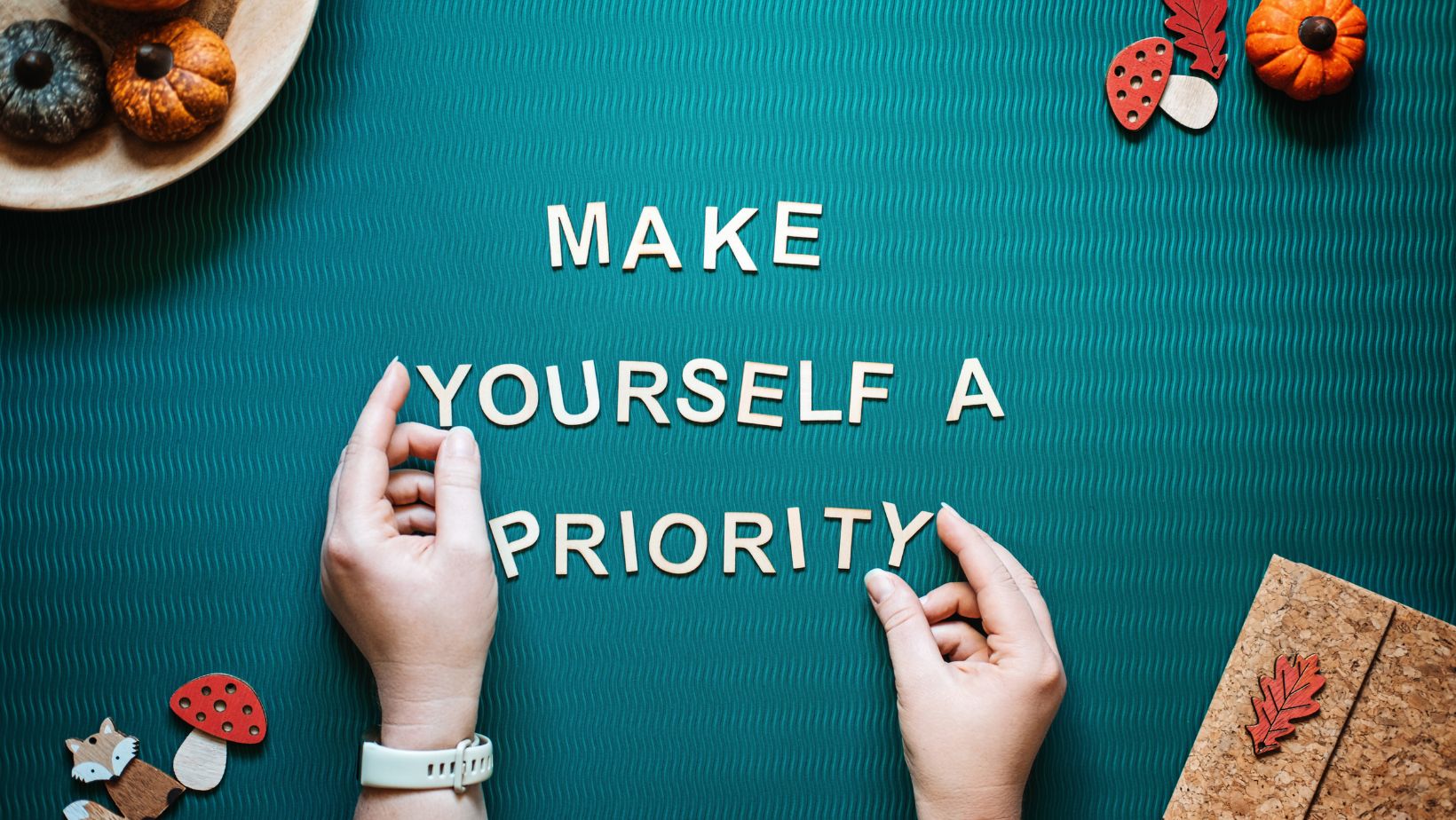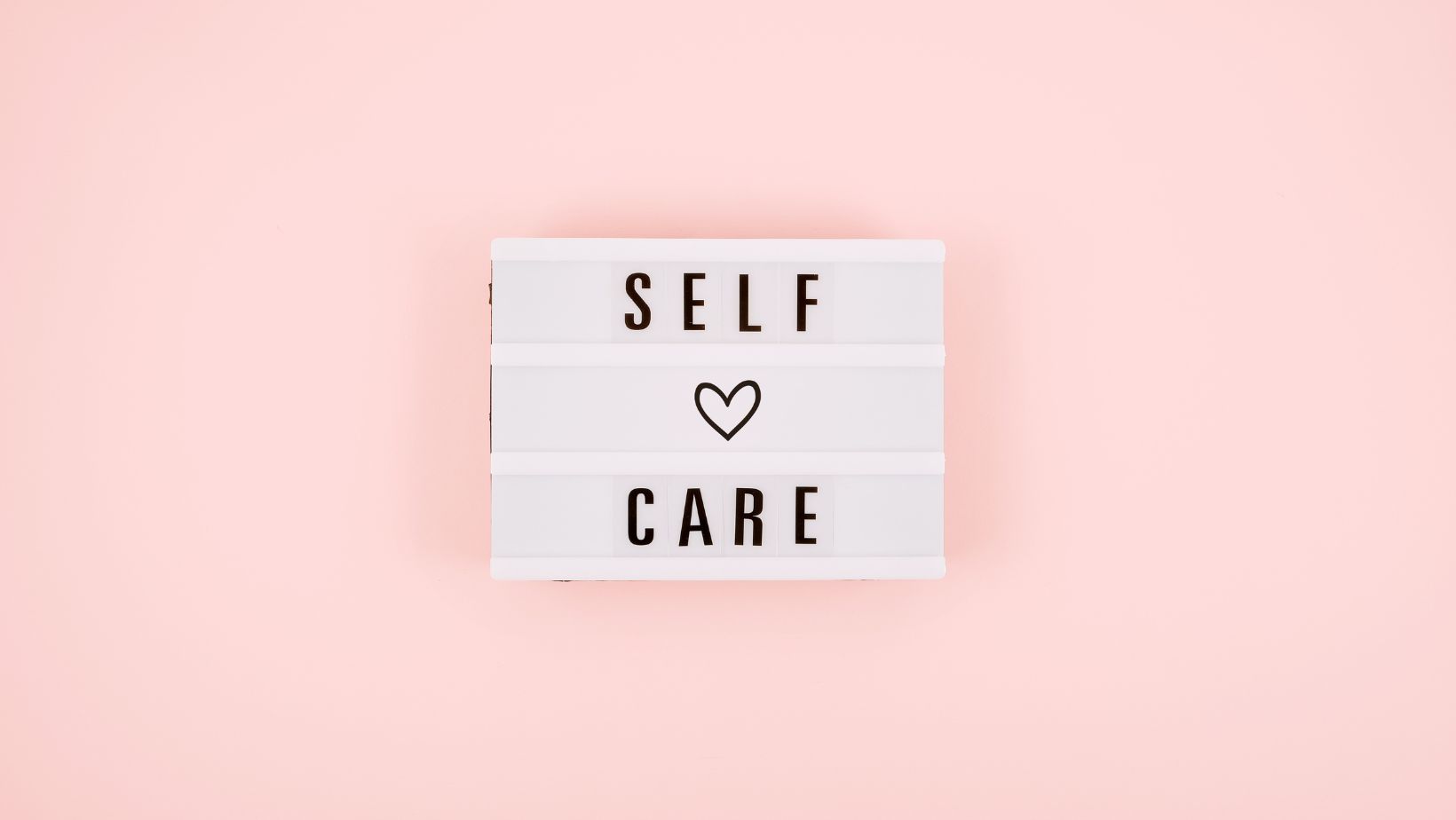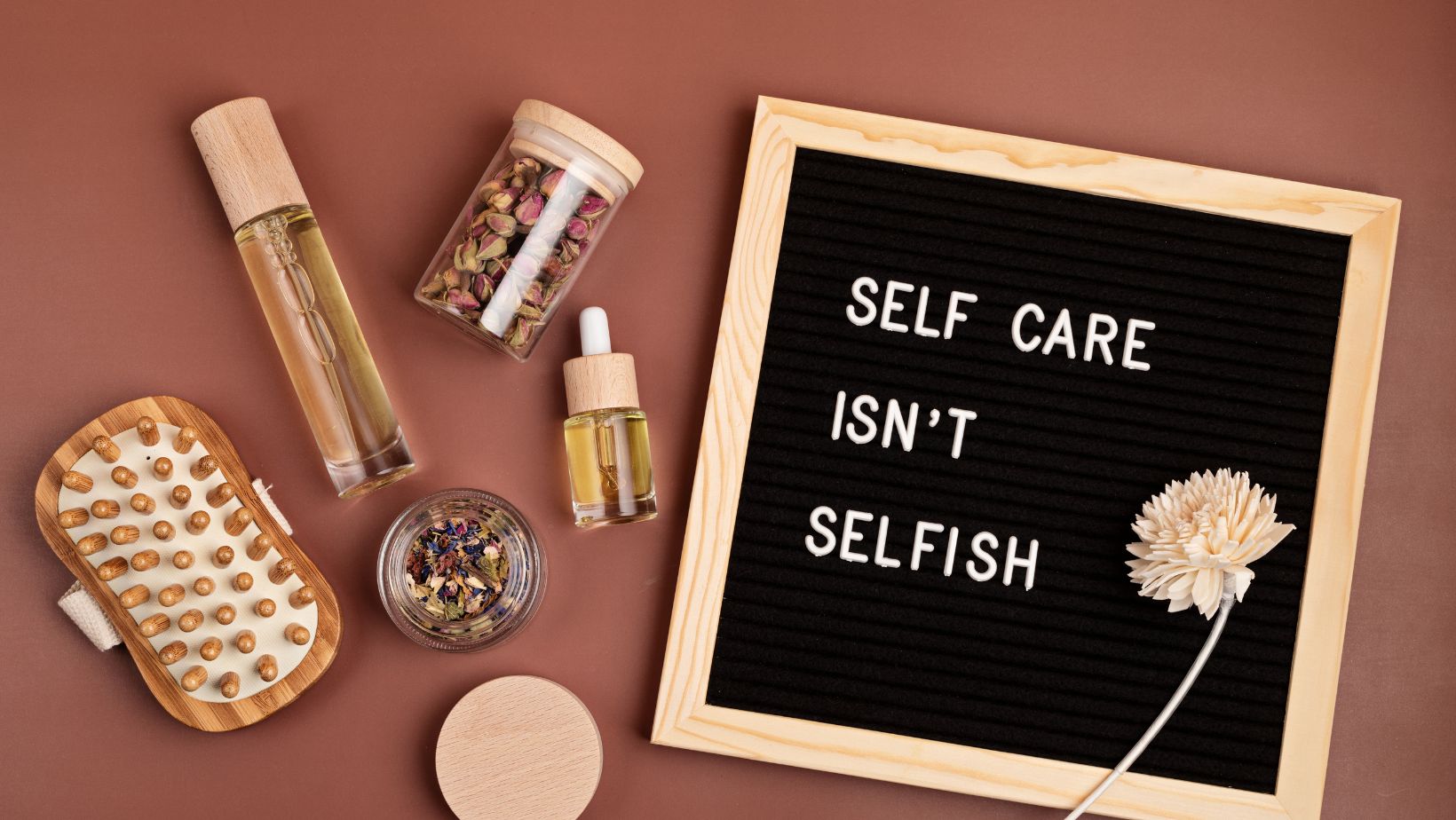
Self-care doesn’t have to be complicated. While long bubble baths, digital detoxes, or wellness retreats might sound relaxing, most people don’t have the time or energy for big gestures every day. The good news is that real self-care often comes from the little things you do regularly—not the things that take hours or cost a lot.
The most effective self-care routines are the ones that feel natural, simple, and easy to maintain. They help you reset without feeling like another task on your to-do list. Whether it’s a quiet morning moment, a quick break, or a product that fits seamlessly into your day, there are many ways to take care of yourself that don’t feel like work.
Start with What You Already Enjoy Doing
You don’t need a brand-new routine to practice self-care. In fact, one of the easiest ways to start is to notice the things you already enjoy and do them more intentionally.
Think about the parts of your day that bring you a small sense of ease—like making your favorite cup of coffee, walking the dog, or listening to music on your way home. These small habits already support your well-being. When you recognize them as self-care, they start to feel more intentional instead of just part of your routine.
This kind of approach makes it easier to stay consistent because it doesn’t require big changes. You’re not adding more to your day—you’re just giving more space to the things that already work.
Simple Additions That Fit Into Daily Wellness Routines
Once you’ve taken a look at what you already do, it can be helpful to think about small additions that support your daily habits. These don’t need to be dramatic or time-consuming. The key is to keep them practical and personal.
For example, some people choose to include supplements as part of their self-care routine. USANA Health Sciences offers a variety of supplements that individuals use as part of their everyday wellness practices. These products are designed to fit easily into daily life and can be part of maintaining a balanced lifestyle—especially for people focused on consistency and simplicity.
When self-care tools fit into your routine naturally, they become easier to stick with. They don’t require you to change your day—they just support what you’re already doing.
Make Small Breaks Feel Intentional
If you feel like you don’t have time for self-care, you’re not alone. But the good news is, you don’t need a full afternoon to recharge. Sometimes, five minutes is enough to reset your mind and body.
The key is to be present during the break—even if it’s short. Instead of scrolling on your phone or jumping to the next task, take a moment to pause. This could be:
- Standing up to stretch between tasks
- Stepping outside for a breath of fresh air
- Putting on calming music during a coffee break
- Closing your eyes and doing nothing for a few minutes
None of these ideas are complicated. They just require you to give yourself permission to slow down, even briefly. When breaks feel intentional, they do more to support your overall rhythm—without taking time you don’t have.
Keep Your Space Comfortable and Calm
Your environment plays a bigger role in self-care than you might think. When your space feels calm and comfortable, it’s easier to settle into habits that help you recharge.
You don’t have to redecorate or organize everything. Even small adjustments can shift the tone of a room:
- Clearing clutter from your nightstand or desk
- Lighting a candle in the evening
- Using soft lighting at night
- Keeping a few items you enjoy looking at nearby (plants, photos, books)
These little touches create a more inviting environment that naturally supports rest and calm. If your surroundings feel good, you’re more likely to pause, relax, and take care of yourself—even if it’s just for a few minutes at a time.
Don’t Overload Your Routine with Extras
It’s easy to get caught up in the idea that self-care needs to be elaborate to count. But when your routine feels like too much, it can actually start to feel like a chore.
The goal isn’t to do more. It’s to create a few habits that are easy to repeat. For some people, that means keeping a three-step skincare routine. For others, it might be journaling for five minutes or tidying their space before bed.
The key is to ask: “Does this feel supportive or like another task?” If something feels like a task, you don’t need to keep doing it. Choose the habits that help you reset and drop the ones that don’t.
Remember, your routine doesn’t need to look like anyone else’s. Self-care is personal, and what works for you is what matters most.
Make It Feel Enjoyable—Not Like a Task
One of the easiest ways to stay consistent with self-care is to choose habits that you actually like. If you enjoy them, you’re more likely to do them regularly—without needing reminders or motivation.
Some examples:
- Using a skincare product you genuinely look forward to
- Keeping a playlist for calming background music
- Making your morning or evening routine feel peaceful, not rushed
- Drinking water from a glass or bottle you like
These details may seem small, but they’re what make a habit feel enjoyable instead of just practical. When self-care feels like something you want to do, you’re more likely to keep doing it—and that’s where long-term support comes from.
Self-care doesn’t need to be complicated or time-consuming to make a difference. In fact, the best routines are the ones that fit into your day without effort.
The goal isn’t to do everything—it’s to do what works for you. Start with what feels doable. Add little things that make your day smoother. And remember that self-care isn’t something you earn—it’s something you can give yourself every day, in ways that feel natural.
You don’t need hours, new habits, or a perfect plan. Just a few small actions you can come back to regularly. That’s where the support really comes from—and it’s what makes self-care something that doesn’t feel like work.



















